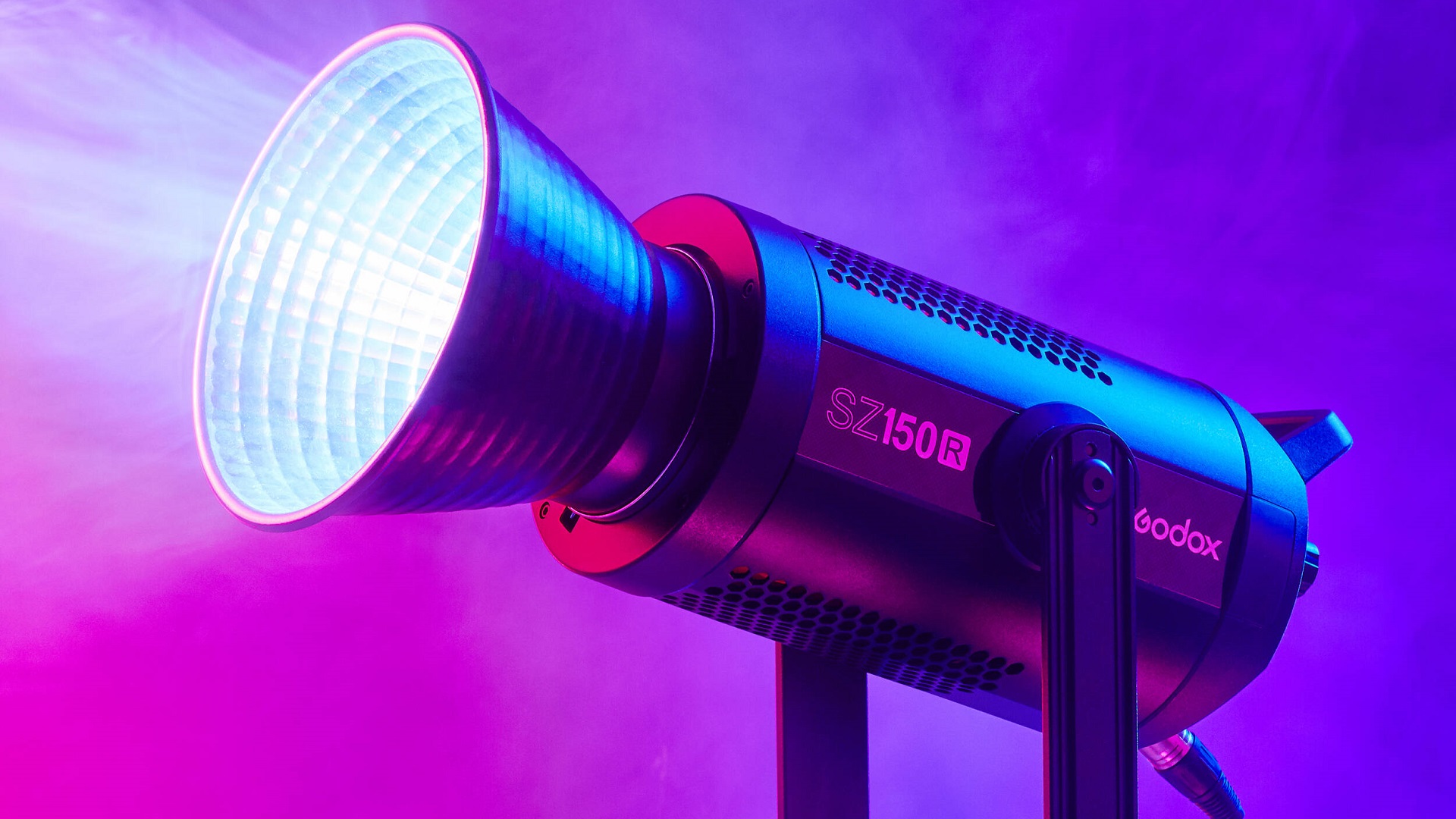- Android phones in Europe will offer Bing as a search option due to a 2018 EU antitrust ruling.
- DuckDuck Go, Yandex, and other search engines will be available on the choice screen.
- DuckDuck Go has criticized the auction process for allegedly favoring anti-privacy companies.
If you buy an Android phone in Europe this fall, don’t be surprised if it asks you about using Bing search. Google has outlined its search engine choice screen (via Reuters and Engadget) for the last quarter of 2020 following the European Union’s 2018 antitrust ruling, and Bing will be one of the more common options for Android users on the continent starting October 1.
Microsoft’s engine will be available in the UK (yes, it’s included here) as well as 12 other countries, including France, Germany, Italy, and Spain. Bing won’t be the most prevalent search option, however. The American firms PrivacyWall and Info.com will be available in 22 and 31 countries respectively, while the privacy-oriented DuckDuckGo, Germany’s GMX, and Russia’s Yandex will also be relatively common.
The choices were the result of an auction process that provided randomized slots on the screen to the three highest bidders in a given country. Bing will be a choice for Android search in Europe precisely because Microsoft could pay to be included, in other words.
Related: The best privacy-oriented web browsers for Android
Not everyone is happy with this approach to Android antitrust decisions, though, and that includes at least one of the winners. DuckDuckGo blasted the auction method for allegedly removing choices and rewarding engines that are willing to compromise privacy for the sake of larger bids. The auction effectively “priced out” DuckDuckGo in some countries because of its focuses on privacy and “cleaner” search, according to the company.
DuckDuckGo said it would send the European Commission data showing that the auction-based system “inevitably eliminates” its search from Android’s choice screen. It was initially a leading choice.
Whether or not the system gives search engines a truly fair shot, it still offers more options than from before the Android antitrust ruling. The EU was concerned that Google was using contracts and incentives to discourage phone makers from including third-party search options on Android devices. Google fought the decision for supposedly favoring proprietary systems over open platforms, but its earlier approach generally left Europeans with phones that shipped only with Google search enabled by default.












